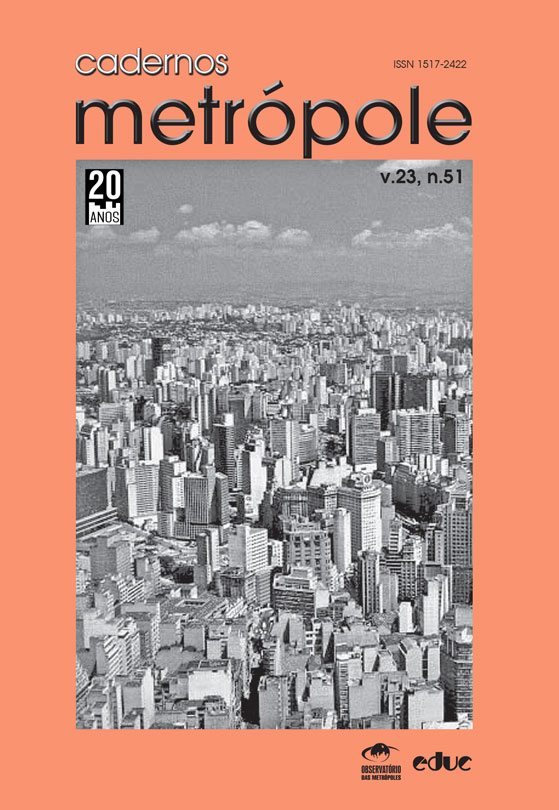The hated city, from transcendence to immanence
DOI:
https://doi.org/10.1590/2236-9996.2021-5103Keywords:
Babel, urbanity, transcendence, immanence, libertarian, neonaturalistAbstract
The myth of Babel (Genesis 11, Old Testament) is an early and pure example of using urbanity and globality as an evidence of hubris. The accurate analysis of this short text shows that rejection of urbanity is not the effect of a vague metaphor; rather, it is based on the observation that city-making represents the perfect expression of humanity’s capability for carrying out modest yet ambitious autonomous plans. The statement that urbanisation and the cooperation of all humans would be a sin is less easy to maintain today, but fresher libertarian or neonaturalist ideologies, replacing transcendence by immanence, have emerged and achieved a historical continuity with mainstream religious demands. Reluctance towards a possible emancipation through selforganised spatial arrangements continues to connect urban agency to a more general antisocietal and anti-human stance.Downloads
Published
2021-05-20
How to Cite
Lévy, J. (2021). The hated city, from transcendence to immanence. Cadernos Metrópole, 23(51), 499–517. https://doi.org/10.1590/2236-9996.2021-5103
Issue
Section
Artigos
License
A revista não tem condições de pagar direitos autorais nem de distribuir separatas.
O Instrumento Particular de Autorização e Cessão de Direitos Autorais, datado e assinado pelo(s) autor(es), deve ser transferido no passo 4 da submissão (Transferência de Documentos Suplementares). Em caso de dúvida consulte o Manual de Submissão pelo Autor.
O conteúdo do texto é de responsabilidade do(s) autor(es).


